Small Talk for Fundraisers
by K. Michael Johnson
I was shy as a kid – really shy.
That kid clinging to his parents’ legs when unknown adults were around? Me.
That kid hiding out in the store not wanting to be seen by a classmate who just came in? Also me.
Fast-forward to the start of my fundraising career, where suddenly it was my job to start and grow relationships. Old habits die hard.
That gift officer talking himself out of picking up the phone? Or spending more time talking to colleagues at events than prospects? Me again.
I just dreaded the thought of engaging socially, especially making small talk. Not because I didn’t like people, but because in those settings, I just didn’t like me. I knew I wasn’t outgoing, charming, gregarious…extroverted.
So, I avoided as much of it as I could. And, as you can imagine, this was bad for business. I missed great opportunities to build rapport with prospects.
Maybe you can relate. Ever catch yourself wishing you were more confident in social settings? Particularly if it’s part of your job?
Or perhaps you have no trouble at all making small talk, but could benefit from a few tips on how to use it to your advantage as a fundraising professional.
Either way, small talk can be a powerful tool and I’ll show you how to make it work for you. Whether its chit chat at an event, or a quick phone conversation, small talk can be used to discover valuable information about a prospect, or better yet, tee up a face-to-face visit for a more focused conversation.
Let’s face it – small talk is part of the job. It’s certainly not everything, but we can’t undervalue its importance to starting relationships, building rapport, and making people feel good about us, and ultimately, our organizations.
You too can make a shift here if you’re stuck like I was. Believe it or not, small talk is a skill you can acquire and improve with practice.
And not only that, you can turn it into a strength.
Part 1 – Mastering the Inner Game
The most important change I made when it comes to small talk was to reframe my own thinking.
Without even knowing it, most of us are influenced by a set of assumptions about ourselves and the world around us. These “invisible scripts” are extremely powerful in shaping the way we interact with other people.
Do any of the following sounds familiar?
- “I’m terrible at small talk because I’m not outgoing, dynamic, or interesting enough.”
- “Nobody wants to talk to a fundraiser. Introducing myself would just bother her.”
- “An awkward conversation might ruin the relationship and our chances of ever getting a gift.”
You can probably spot the problems with these scripts. First of all, they’re fairly self-absorbed. And secondly, they’re based largely on untested assumptions.
If your invisible scripts about small talk are anything like mine were, you’ll benefit from the type of mental shift I’m talking about. Here are three replacement scripts that will reframe your thinking about small talk and social interactions.
- “I am the host, not a guest.” This mental shift works for phone calls, one-on-one visits, social events, any situation. A host is active, not passive. A host takes the initiative to start and guide conversations. A host is concerned that others feel comfortable and welcome.
- “I can help people feel good about themselves.” The people you interact with will remember very little of what you say, but they will remember how you make them feel. People feel good when someone makes an effort to strike up a conversation, asks questions about their area of expertise, and truly listens to what they have to say.
- “I have value to add.” You have value to add because you represent a great organization that is addressing important issues. Instead of worrying about how you’ll be perceived, focus instead on what is truly great about your nonprofit and how you can serve as a conduit, connecting others to its work.
You can use these simple mental shifts to reframe negative thinking about making small talk. Start by carefully considering what invisible scripts might be running inside your head. Are they based on untested assumptions? If so, replace those scripts with the ones provided above. Or better yet, come up with your own!
K. Michael Johnson is a major gift officer at a large research university and the founder of www.fearless-fundraising.com, where he blogs about the inner game of deeper relationships and bigger asks.
You can contact him at k.michael@fearless-




